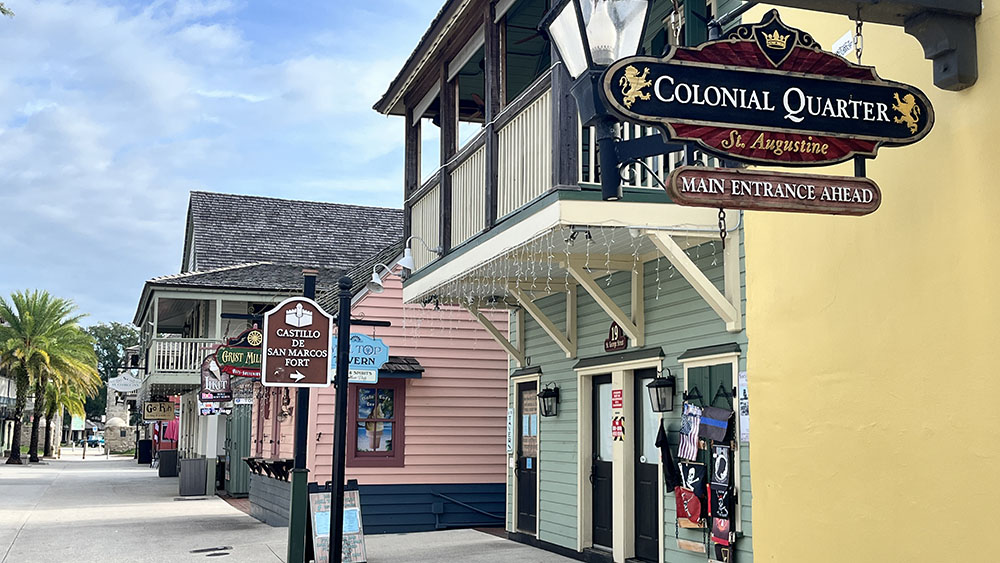Legal challenges have put the enforcement of panhandling prohibitions around Florida into question.
In Northeast Florida, the Jacksonville Sheriff’s Office says it is still enforcing its anti-panhandling law, while the St. Johns County Sheriff’s Office says it is not.
St. Augustine officials have not publicly commented on its own enforcement, but internal emails obtained by Jacksonville Today show that the St. Augustine Police Department is not enforcing its panhandling law due to ongoing litigation.
In an August email to St. Augustine Police Department personnel, City Attorney Isabelle Lopez provided an update clarifying what can lead to someone’s arrest downtown. They can be arrested for drinking, camping, urinating or performing music in public, Lopez wrote, but not for asking people for money.
“Panhandling is listed, but at this time we are holding off enforcing it, pending an appellate court decision in the Daytona case,” Lopez wrote.
St. Augustine adopted anti-panhandling rules in 2018. Those rules are based on similar language adopted by the City of Daytona Beach.
The city’s rules don’t completely restrict standing on the street and asking for money — which is a constitutionally-protected act — but they do restrict “aggressive panhandling,” defined as panhandling within 20 feet of the entry or exit of a business and panhandling at all on heavily trafficked areas like St. George Street.
At least, that’s what the rules would prohibit if they were in effect.
The Daytona Beach News-Journal reports that Daytona Beach’s panhandling law has been tied up in a legal challenge for two years. As long as the Daytona Beach law is up in the air, St. Augustine’s law is, too.
City’s spokeswoman Melissa Wissel declined to comment on the enforcement.
Panhandling law throughout Northeast Florida
Despite a prior legal challenge to its panhandling ordinance, Jacksonville’s law is still in effect.
St. Johns County can’t say the same.
The Florida Justice Institute and Southern Legal Counsel filed a lawsuit last year arguing that St. Johns’ panhandling law was unconstitutional. The county agreed not to enforce the law until the lawsuit was resolved.
Both parties are still working things out, attorney Dan Marshall with the Southern Legal Counsel says.
A judge in U.S. District Court, Middle District of Florida, ruled that the county and the plaintiffs could sort things out themselves. Marshall says the plaintiffs ultimately want to see the law deemed unconstitutional and for damages to be paid out to the people who were affected by it.







